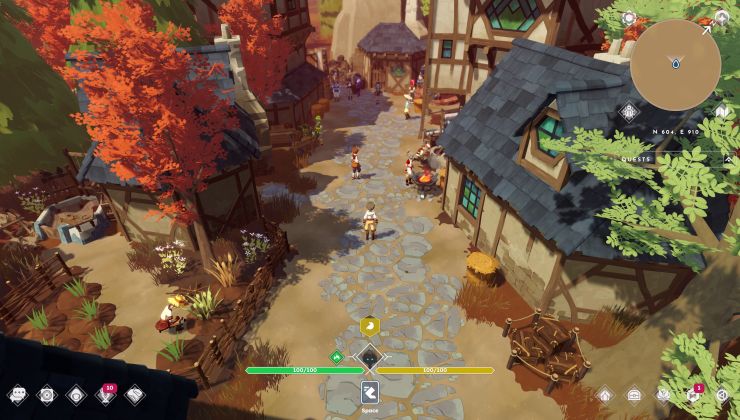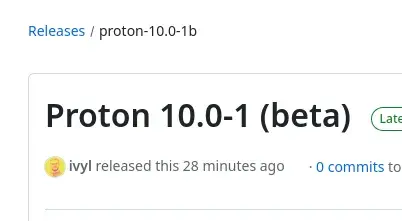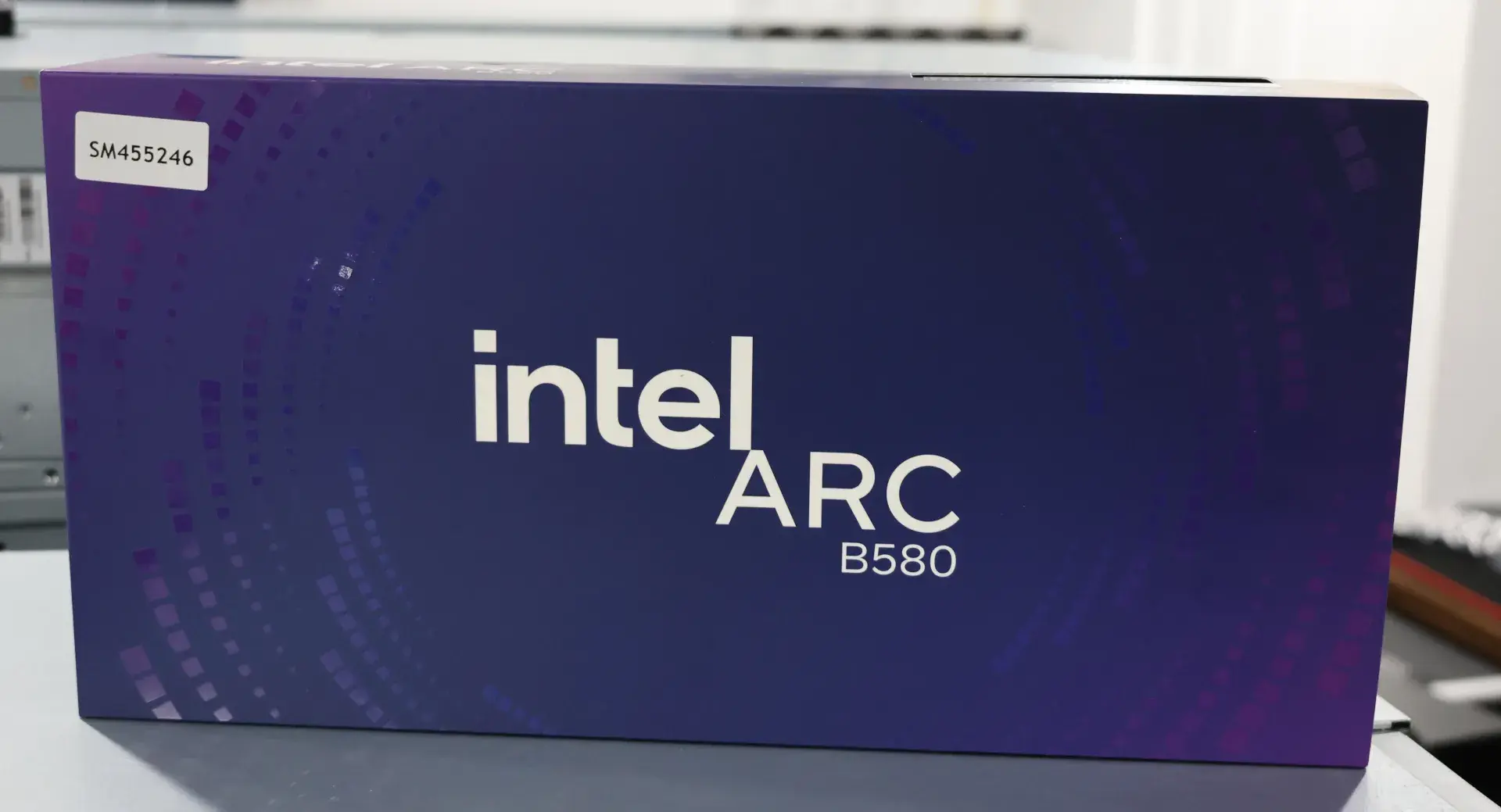
it’s been asked a lot and I’ve seen others respond about how the passcode and account username that were added in the last few years are steps in the process to make accounts not dependent on phone numbers. I’ve just given them the benefit of the doubt that someday we won’t be tied to a phone number anymore
One of the reasons I prefer Matrix even though anyone I know in real life uses Signal so I use Signal practically everyday but Matrix sparingly. Federated matrix servers. I worry how resilient Signal can be if enough countries ban it, not really confident in the US or EU countries or any countries long term for encrypted chat for the Signal Foundation, and also signing up with phone numbers. Phone number providers being another point of regulation
I think Proton mail is worth it just to diversify off Google but I don’t lend much faith in how effective privacy will be with email. The free service is enough for that. If I wanted more faith in encrypted communications, encrypted chat applications. I sub to proton for drive and VPN. ProtonPass has all the email aliases for throwaway websites

The US just pulls headline. I remember a long time ago seeing the CCTV setup in the UK and being pretty WTF is going on here. Then I remember Czech Republic talking about internment camps citing US Japanese internment camps as a good example of justification. Then I remember Italian court cases over seismologist not warning people enough/not being predictive enough to prevent deaths in a major earthquake. Or the groping of a girl and being let off because it didn’t last enough time for it to be considered bad by the judge. For all the headlines the US has. Then of course I feel like it’s been at least 15 years of trying to pass anti-encryption/anti-privacy laws. US makes headlines, but something about European conservatism/traditionalism/paternalism makes the whole continent feel like a powder keg to me. Also the neo-Nazis

I saw occasional news about progress on a big update someday. Any indie multiplayer has to make it easy from day one for user created content. Maps, server hosting files that’s has some easy to configure parameters for fun casual servers like servers that enable model swap outs, skins, etc.
Just looked, still 8000 people playing original counter strike

Your numbered list, yes that’s the steps
With the other person’s answer, you have a choice when interacting with a block chain.
You run a node that directly sends commands to the blockchain, this one uses up more storage as it downloads the blockchain but it’s the one that requires least amount of layers of trust
Or you use a wallet that uses a trusted 3rd party full node. That’s why open source is important for these wallets. This is really easy and convenient and in most cases uses open source software and is built on years of community vendors operating in good faith. These lite wallets, they run on practically anything. You manage the keys to your wallet; it’s the keys to authorize transactions.
The “heavy lifting” is delegated to another computer. Heavy lifting in quotes because the idea of blockchains is to be decentralized so one pillar idea is that it should be pretty cheap to run a node
Even having a full node, unless you want to mine, it’s really just storage and download. If you want to support the network a bit, some upload so others can download block chain history from you too.
It’s like how in Linux most users now just trust that the package maintainers for the distributions package manager is delivering legit software when you apt/dnf/etc software from the default sources
If you’re not going to run a node yourself, you’ll have to accept some level of trust. Also with an open source wallet, you can with certainty point your lite wallet to whatever full node you want, your own or one you trust

Once you have Monero in your wallet, when you send it it’ll be anonymous to the receiver and people won’t be able to look at the block chain and see people’s balances and transaction history. You can buy some monero on an exchange with your bank account and withdraw to get started with familiarizing yourself with crypto. Good enough in my opinion to at least learn. Exchange knows you bought Monero from them but after it’s gone from them, they won’t be able to trace around where you send stuff to
If it’s not available on any exchange you can easily move money into, you may just need to buy a different crypto and use another exchange/service to exchange again into Monero. There will be fees. Trocador is regularly mentioned from what I remember
Actual anonymous acquisition, you’re going to need to find a person in real life with monero to exchange something for it or you physical mail exchange and they send you Monero. Tough to find. Don’t know how LocalMonero is doing these days in usage/existence
Actually making payments, you got to find places that take it. Not a lot. You can pay for Mullvad VPN with Monero. Getting paid in Monero, 3 niches layered there. One is doing something people will pay you for, those same people being willing to pay in crypto, the people also having Monero. That’s tough.
Wallets, Monero website, you can probably trust Wikipedia Monero page to send you to the official website. On desktop you can download the software that downloads the whole block chain and it’ll have a GUI to send Monero and a place to copy an address for people to send to. Mobile, Cake wallet is popular
But really the hard part in my opinion is finding businesses and people that take and pay with Monero. You’ll acquire Monero to use but struggle to find places to use it for

You ever try Alpaca?
https://flathub.org/apps/com.jeffser.Alpaca
Open source alternative to LM Studio for simple chat with local LLMs

Really I don’t know but I remember dealing with a dual vpn years ago with Samsung phones
https://docs.samsungknox.com/dev/knox-sdk/features/mdm-providers/vpn/vpn-chaining/
The loophole in WhatsApp’s end-to-end encryption is simple: The recipient of any WhatsApp message can flag it. Once flagged, the message is copied on the recipient’s device and sent as a separate message to Facebook for review.
That practically applies to every form of digital communication. Sender/recipient has it on their end unencrypted and passes/leaks it on elsewhere




Signal is really simple and has a sizable userbase now. I’ve worked with people in non-tech companies and they’ll have signal installed because theres someone in management that cares for security to a degree and does official nonofficial team communication with signal
Element/Matrix I think has a chance. The newest Element X app looks a lot better on the phone and on desktop. It’s progressing to good user experience